
EDITORIAL
02-02-2023 by Freddie del Curatolo
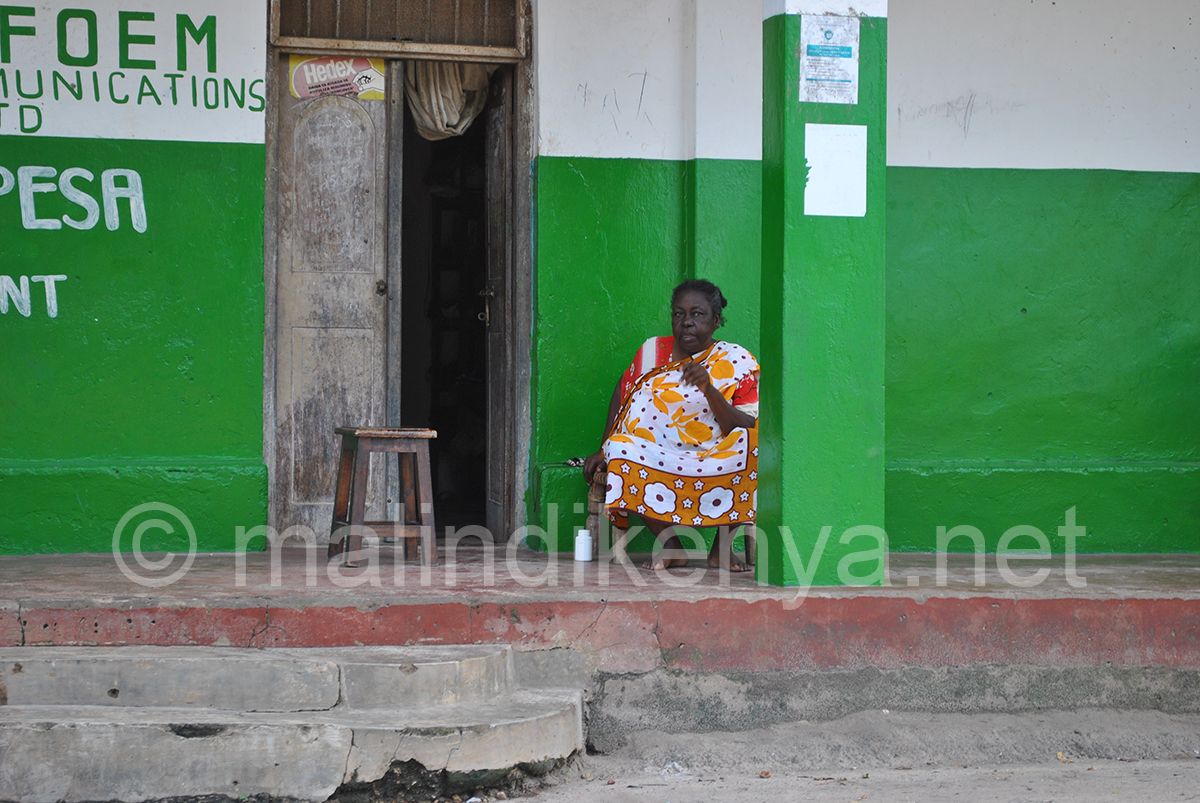
It happened a few days ago: seeing a "Wells Fargo" courier van arriving on a dirt road in the remotest hinterland of the Kenyan coast, the thought went to who knows what kind of comfort might have been delivered in the midst of a village of mud and stone huts with tin roofs gradually replacing those of dry palm trees that had been resisting for centuries.
Or what construction site, strategic base, solar farm or other sign of civilization might lurk in those moors almost forgotten by progress, if not for the tall cell phone operators' repeaters.
The curiosity to follow him was great, if we were not there for other stories to tell.
Today we read in a local newspaper that that truck was probably on its way to those very villages, where in addition to a cubbyhole to receive money through the mobile banking service Mpesa, there is also a Wells Fargo warehouse.
Yes, because home delivery of purchases made online in Kenya is becoming popular even for the lower middle class, if not for the poor and very poor people.
It seems like nonsense, but in this time of recession in the global economy of which Kenya is not exempt, just think of the historic gulf in the value of the shilling compared to the euro and dollar and the skyrocketing prices of even basic consumer goods.
To this, in East Africa, must be added the exceptional climatic emergency, with the four-year deficit rainy season bringing to its knees much of the population that relied on crops from their cultivated fields for daily sustenance.
By now, even the lower social, cultural and economic strata of Kenyan society easily access the Internet with advantageous rates, so even the village "mama," perhaps on the advice of her children, has realized that going to the nearest villagion to buy a kilo of maize flour and a liter of seed oil costs more than buying it online, especially since there is always some "black Friday"-type offer to be found online.
That's when harambee, or collecting with other households in the village, is triggered: a 20-kilogram package on special offer, delivered by the courier, and then it's shared. And so with other essentials.
From direct mud huts in the mouth to large retailers, to studying the special offers, the proposals of each individual online store. To accumulate promotion points, to get carded to receive the most attractive proposals, without really understanding if it will be real savings.
Large retailers, even in Africa, look at everyone and leave no one behind, they arrive everywhere and always have something to suit whoever they come across, enticing you even on things you don't need but would love to own.
Optimists and fans of the new market, from the columns of local newspapers, say that this system could "wake up" many Kenyans who until now have been sleeping on the dry twigs of their misery, relying on fate and cultivating resignation as a tradition handed down from their ancestors.
They applaud the big chains that drown out small producers, partly because the former maintain their media through advertising, the others bring them no profit.
The critics of modern society, on the other hand, cry out for the criminal lash of bankrupt capitalism, which, having less and less to suck from the middle classes, goes after even the crumbs of those who can barely make a living, tearing down the system of community survival, whereby the farmer maintained the local small store by buying from him the produce he did not produce and sold him the garden produce.
Who is right? More importantly, what is the point of being right when survival is at stake?
NEWS
by redazione

We announced it in advance last July 24th, after just a month the Kenyan supermarket chain ...
SHOW
by redazione

Two evenings more unique than rare, as Freddie and Sbringo's newly released album...
SOLIDARITY
by Freddie del Curatolo
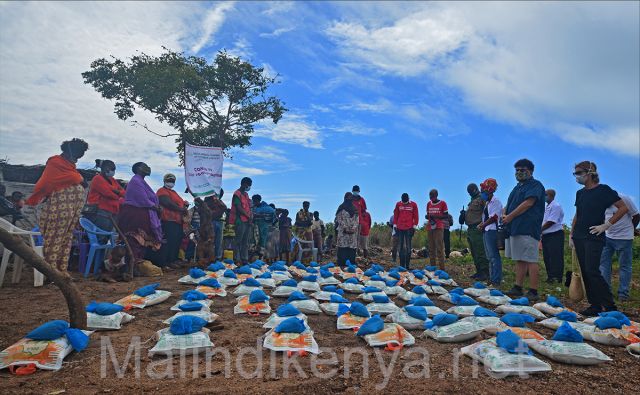
Among the disadvantaged categories of Malindi that the community of stakeholders...
ITALIAN PRODUCTS
by redazione
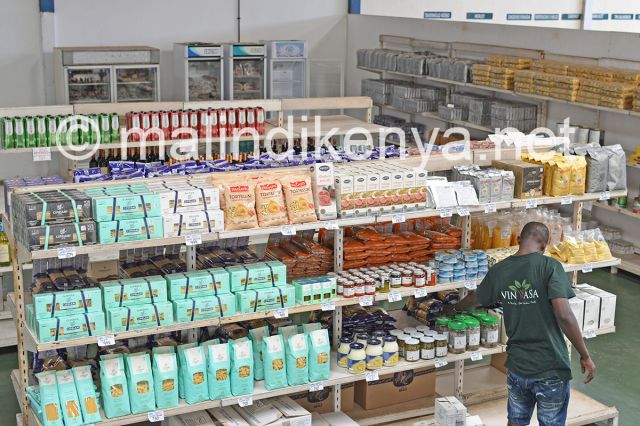
The import and retail sale of quality Italian products in Malindi and throughout Kenya is enriched...
EXCLUSIVE
by redazione

The news came like lightning in the village of Chakama, inland Malindi. But it wasn't one of the...
INFO
by redazione

With the start of the new year, Kenya has entered a new era in terms of entry ...
EMERGENCY
by redazione
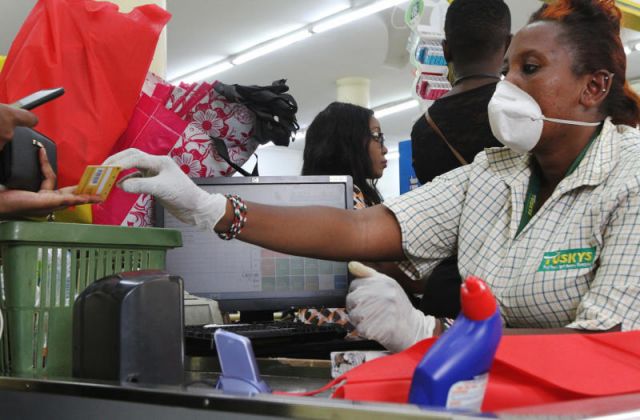
Mandatory masks at the entrance to supermarkets in Kenya.
As always...
ECONOMICS
by redazione
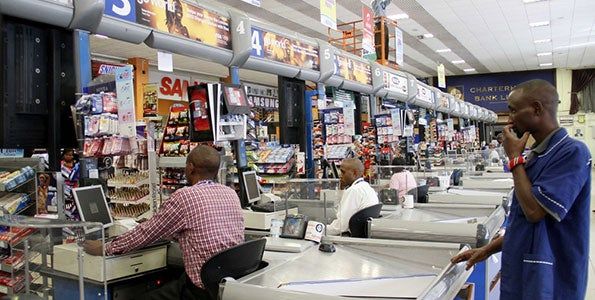
The exponential increase in inflation since the beginning of the year in Kenya has led to an...

It 's true, as he wrote Ryszard Kapuscinski, one of the most precise thinkers and evocative of Africa, the story, the Black Continent, is transmitted orally and legend becomes myth, but the culture, prose and literature need of paper, of pages,...